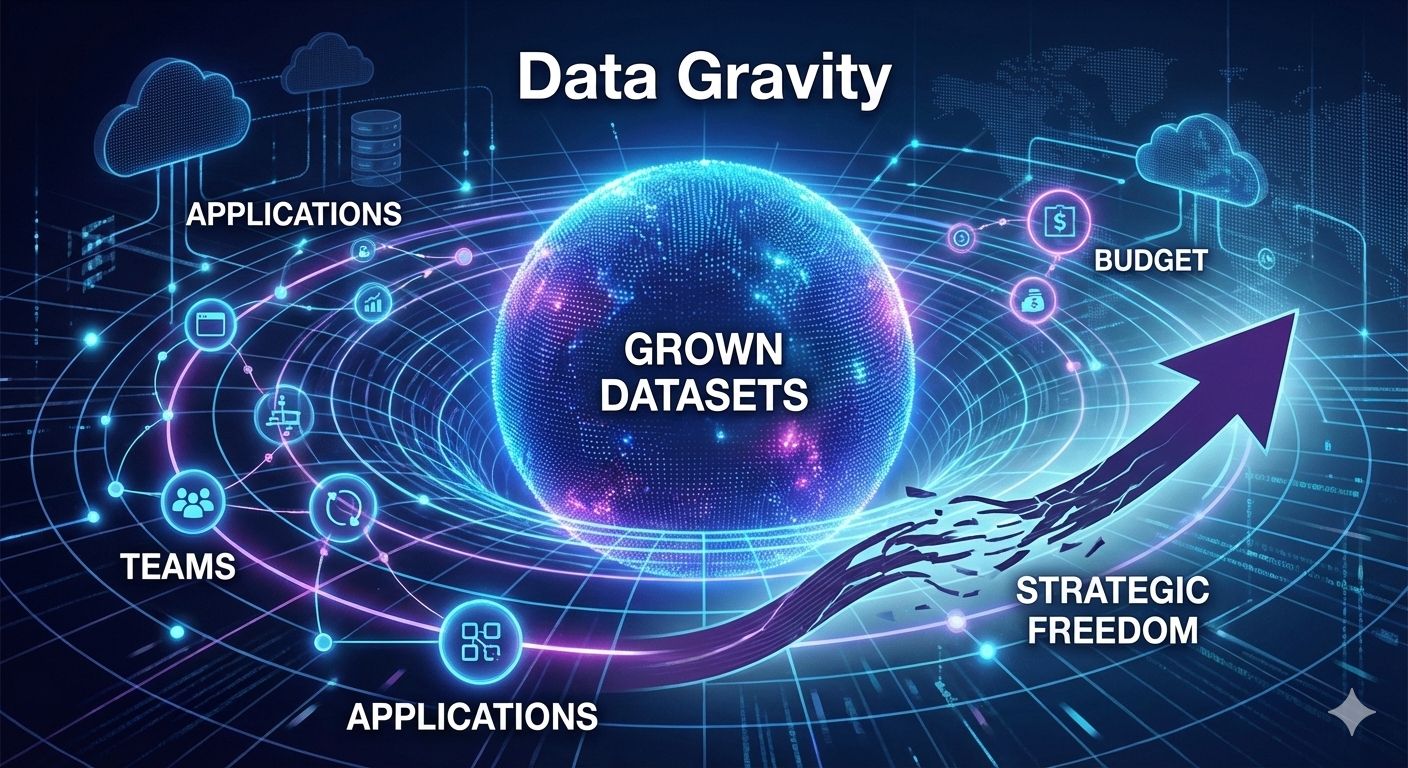Project management must evolve to accommodate the vast amount of data being generated. By leveraging data-driven decision-making (DDDM), project managers can make informed choices that enhance efficiency, predict challenges, and optimise resources.
What Works in Data-Driven Project Management
- Improved Forecasting: Historical data helps project managers predict timelines, resource needs, and potential roadblocks with greater accuracy.
- Performance Monitoring: Data provides real-time insights into team productivity, allowing managers to make timely adjustments.
- Better Risk Management: Analysing past projects enables the identification of risks and mitigation strategies before problems escalate.
Key Inputs to Consider
To maximize the impact of DDDM, focus on collecting:
- Historical Project Data: Time to completion, budget performance, and quality issues from past projects.
- Real-Time Metrics: Progress tracking, resource allocation, and task completion rates.
- Stakeholder Feedback: Qualitative data from team members and stakeholders on project processes.
- Market and Environmental Data: For projects that depend on external factors like market trends or regulatory changes.
Tools to Make Data Accessible and Understandable
Depending on the size of the data, I always suggest breaking the information to the last logical end. The number of insights you may have later can be very helpful.
- Microsoft Power BI: Offers comprehensive dashboards and visualizations to track KPIs, progress, and other key metrics. The best part the number of sources from where the data can be picked and converted into meaningful dashboards.
- Smartsheet: Combines project management with automated data collection, making it easier to visualize progress and productivity trends.
Why Data Matters in Project Management
As the amount of available data grows exponentially, managing and interpreting this data effectively becomes critical for project success. In large-scale or complex projects, data-driven approaches help navigate through uncertainty, allowing teams to adapt and scale their efforts efficiently. It helps uncover patterns, assess real-time progress, and ensure projects align with business objectives, particularly in fast-changing environments.
By adopting a data-driven approach, project managers can make proactive decisions that are not only based on intuition but backed by hard evidence, ensuring that projects remain on track and deliver value.
Image Credit: Image by Freepik




